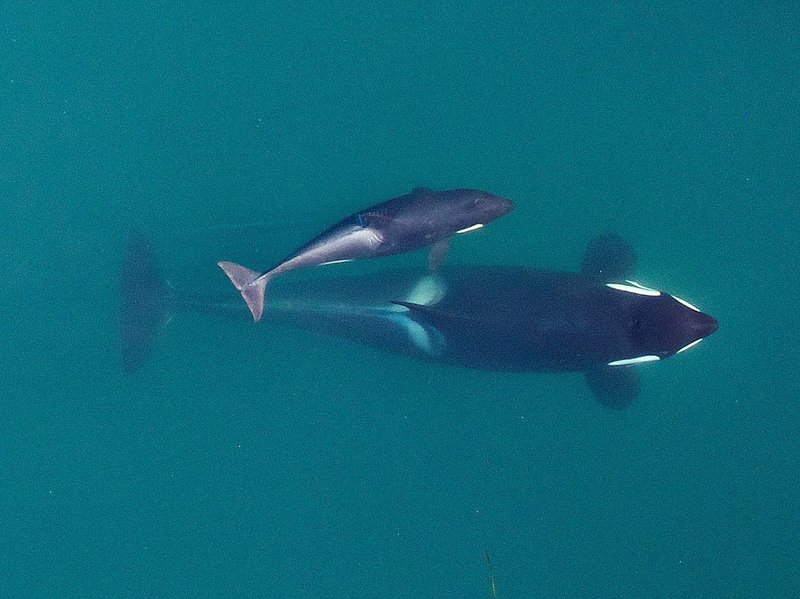For Immediate Release, November 16, 2021
|
Contact: |
Peter McGraw, Media Officer, Port of Seattle, (206) 787-3446, mcgraw.p@portseattle.org |
Legal Agreement on Seattle Harbor Project Will Help West Coast Orcas
SEATTLE— The Port of Seattle and Center for Biological Diversity have reached a legal agreement associated with the Seattle Harbor Navigation Improvement Project that will benefit orcas.
Today’s agreement resolves a Center lawsuit against the U.S. Army Corps of Engineers and NOAA Fisheries that sought additional environmental considerations for the dredging project.
There are about 73 individuals in the endangered population of Southern Resident killer whales, who range from Southeast Alaska to Central California and live for part of the year in the Salish Sea, principally during the late spring, summer and fall.
The Center’s lawsuit was filed against the federal agencies, but the port, as the local sponsor of the Seattle Harbor Navigation Improvement Project, intervened to ensure the completion of the infrastructure project.
The agreement includes funding for several environmental programs currently underway, as well as some additional habitat improvement measures in the Duwamish River and Elliott Bay. The Port of Seattle Commission approved the agreement today.
“The port is committed to helping assure that commerce, communities and killer whales can co-exist,” said Port of Seattle Commission President Fred Felleman. “This is truly a win-win for all the parties involved.”
“Saving Southern Resident killer whales from extinction requires monitoring and minimizing disruptions to feeding, which this agreement does,” said Catherine Kilduff at the Center for Biological Diversity. “By restoring salmon habitat, monitoring noise and participating in a solution-seeking stakeholder group, the port is taking the necessary steps on the path to recovering Seattle’s orcas.”
In the agreement the port commits to continuing its participation in the multi-party Quiet Sound Program, an effort to provide greater protection to the Southern Resident killer whale community from ship-induced noise and disturbance. The port will also expand the funding of shoreline restoration at Terminal 108 and conduct a monitoring study of acoustic impacts from dredging at a planned Terminal 18 maintenance dredging project. The agreement is valued at approximately $640,000.
“By reaching this agreement, the Port of Seattle and the Center for Biological Diversity can focus on achieving our mutual goals of restoring the Puget Sound ecosystem and all those dependent on it,” Felleman said.
When completed, the Seattle Harbor Navigation Improvement Project will enable larger ships with deeper drafts to call on the port’s marine terminals. This enables more containers to be handled per ship call, keeping the port’s maritime gateway competitive.

The Center for Biological Diversity is a national, nonprofit conservation organization with more than 1.7 million members and online activists dedicated to the protection of endangered species and wild places.
Founded in 1911 by a vote of the people as a special purpose government, the Port of Seattle’s mission is to promote economic opportunities and quality of life in the region by advancing trade, travel, commerce, and job creation in an equitable, accountable, and environmentally responsible manner.
The Port owns and operates Seattle-Tacoma International Airport (SEA), Fishermen’s Terminal — home of the North Pacific fishing fleet — and public marinas. The Port also owns two cruise ship terminals, a grain terminal, real estate assets, and marine cargo terminals through its partnership in the Northwest Seaport Alliance.
Port operations help support nearly 200,000 jobs and $7 billion in wages throughout the region. Over the next 16 years, the Port’s Century Agenda seeks to create an additional 100,000 jobs through economic growth while becoming the nation’s leading green and energy-efficient port. Learn more at the Port’s website.

